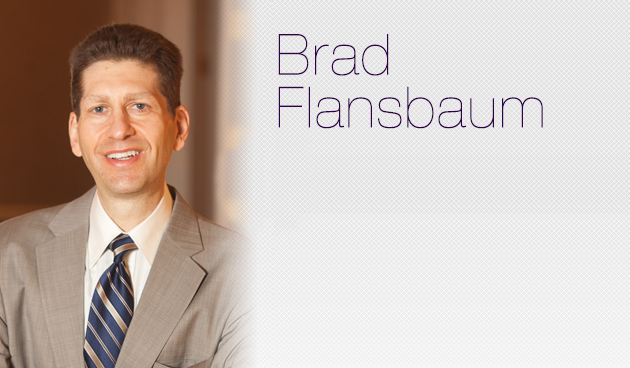This week’s NEJM features an article on hospital-sponsored online rating sites for docs. The author, Vivian S. Lee, M.D., Ph.D., MBA, a prominent health services researcher discusses the adoption and success of her program at the University of Utah and how the system uses a portal open to patients to evaluate staff.
In the piece, she covers familiar ground. Early renunciation and eventual acceptance by faculty in a manner you can predict: initial fears of reputation and prestige loss give way to a stable system allowing docs to obtain feedback in real time to improve their game. It is not all wine and roses in her telling, but like all things, the apocalypse never materializes, and the once unthinkable becomes business as usual. Docs adjust. Life moves on.
Also in her viewpoint, she cites a recent study of interest that continues to get a lot of attention whenever inquiring minds consider provider ratings. The research assesses Yelp’s ability to match the job of HCAHPS—which it not only does well but adds a thing or two where CMS assessment falls short. Have a look here. The uniqueness of the study helps buttress the case for what is to follow, i.e., a divergent approach to individual appraisal at odds with the status quo.
Which gets me to my (serious) question. Hospital leadership of all stripes endorses ratings as a form of performance assessment–not just as a means to better patient-physician interaction, but also as a potential salary conditioner. So why not for executives? The intervention has a lot of desirable attributes in that it’s quantifiable, easily measured, and goal directed. And using survey tools to boost job achievement has a proven track record as Dr. Lee and others have demonstrated.
I am not the first person to propose this question for execs, and I raise it not in a cynical or vengeful frame—a disposition you will typically confront when docs get in a lather—but to serve in a manner comparable to what we as providers might already have in place. I looked on Google and drew blanks.
You can expect pushback and doubts from the corporate side. Fears of appropriateness, the utility of results, and “employee” retaliation to name just a few concerns will induce a first-floor alarm surge—one consisting of the same anxiety expressed by docs five or so years ago. A backlash arbiters of these types of decisions should dismiss.
Why are the following queries out of bounds?
- Do executives walk and survey the wards on a regular basis?
- Do staff feel the mission articulated by executives and the way the facility actually run align?
- Is the executive approachable?
- Does the executive approach the care of patients more as a financier rather than a facilitator of care delivery?
- Does the executive empathize with the problems providers face and do they make attempts to improve the practice of medicine?
- Is your executive making attempts to address burnout?
Granted, these questions require validation, and they are for illustrative purposes only, but properly constructed, they could serve as a useful tool in the same mode management applies them to physicians. A third party could run the surveys, ensure adequate sampling, and then publish the results for public access. Hospital boards could bound salaries on results as well—just like providers.
I would like to see a CEO bold enough to put him or herself out there and stand behind the same measurement regime as the healthcare workforce is evolving towards. Transparency and a willingness to wade into unchartered but compelling terrain for solidarity’s sake seem like worthwhile goals. Amidst a workforce clamoring for leadership, a gesture like the one I suggest would go a long way in unifying what has been a traditionally antagonistic alliance.



Brad, I think you are asking a good question, but I am not agreeing with your solution. My experience is that a significant proportion of executive compensation in health systems is already tied to performance, some of which is publicly reported on sites such as hospital compare. Further this seems to be part of the stick executives use to move physicians towards “pay for performance,” if it is good enough for us it should be good enough for you.
My opinion is that we all need to back up. An honest look will reveal that the majority of the issues we need to improve in our health care systems are held in common between physicians and executives but will not be improved my manipulating compensation, either for executives of physicians. This is a hammer and nail problem. The executive toolkit is limited. The tool they know the best is compensation, so they keep coming back to it. This hammer will not work because most of the problems we face in healthcare are not nails.
Tom
My optimal choice would be putting the data out there–and bypass the pay for performance route altogether.
Brad